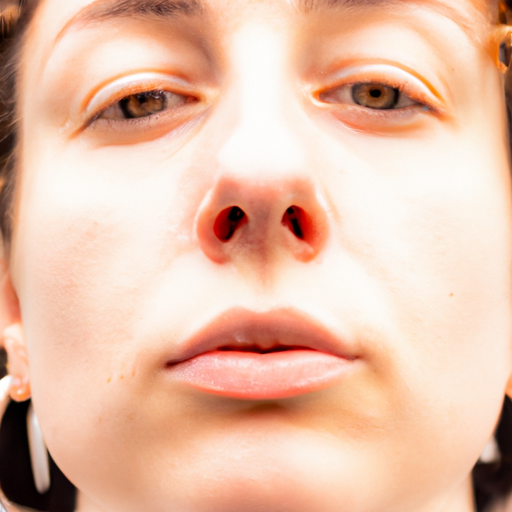The skin, the largest organ of the human body, is often the most neglected. It is a complex system that plays a crucial role in protecting our bodies from external harm. However, it requires consistent care and nourishment to maintain its health and vitality. One of the most essential aspects of skincare is ensuring adequate moisture and hydration. This article aims to decode the thirst of your skin and underline the importance of moisturizing and hydrating it.
The skin is composed of several layers, each with its unique function. The outermost layer, known as the stratum corneum, acts as a barrier, protecting the body from environmental stressors such as pollution, UV rays, and bacteria. This layer is composed of dead skin cells and lipids (fats), which help to retain moisture and maintain skin elasticity. However, various factors such as aging, exposure to harsh weather conditions, and certain skincare products can disrupt this natural barrier, leading to dryness and dehydration.
Dry skin is a condition characterized by a lack of natural oils or lipids in the skin. It often presents as rough, flaky, or scaly skin and can be accompanied by itching. On the other hand, dehydrated skin lacks water and often appears dull, tight, or shows signs of premature aging such as fine lines and wrinkles. It’s important to note that even oily skin can be dehydrated, as this condition refers to a lack of water, not oil.
Moisturizing and hydrating are two essential steps in skincare that address these issues. Moisturizers work by creating a protective layer on the skin’s surface that traps water in the skin, preventing its evaporation. They also replenish the skin’s natural oils, improving its texture and appearance. Hydrators, on the other hand, increase the water content of the skin. They contain ingredients known as humectants, which attract water molecules and hold them within the skin cells.
Using a moisturizer and a hydrator might seem redundant, but these products serve different purposes and are both crucial for maintaining healthy skin. A simple way to incorporate them into your skincare routine is to use a hydrating serum followed by a moisturizer. The serum will penetrate deep into the skin and increase its water content, while the moisturizer will seal this moisture in and prevent its evaporation.
In addition to using the right products, it’s also essential to maintain a healthy lifestyle for optimal skin health. This includes drinking plenty of water, consuming a balanced diet rich in fruits and vegetables, and avoiding excessive alcohol and caffeine, which can dehydrate the skin.
In conclusion, understanding the thirst of your skin is key to maintaining its health and vitality. It’s not just about slathering on any product that promises to hydrate or moisturize. It’s about understanding what your skin needs, providing it with the right balance of water and oils, and protecting it from external stressors. Remember, your skin is a reflection of your overall health, so take care of it, and it will surely reward you with a radiant glow.



